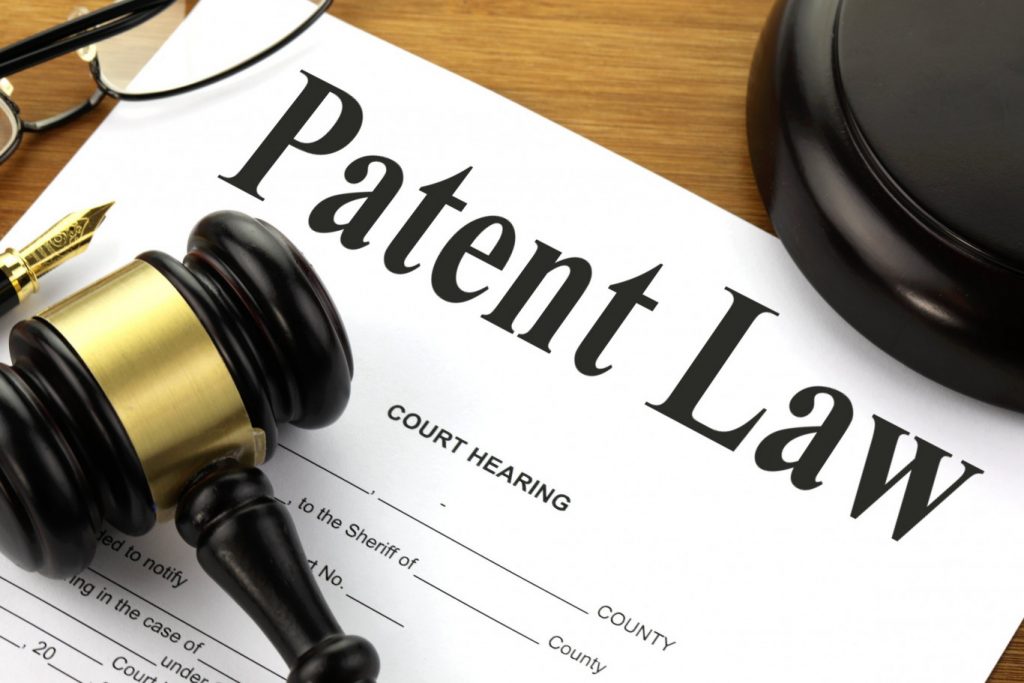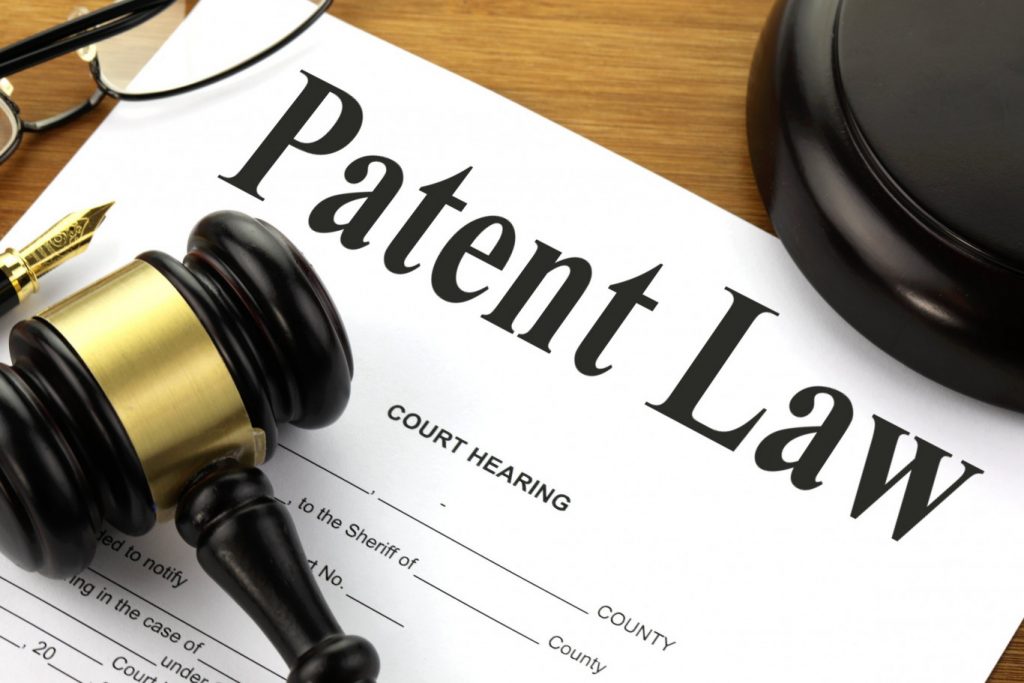The decision to invest in patents might be essential for organizations that are short on capital.
Patents aren’t necessary for all businesses, but they can help some gain a competitive advantage in competitive marketplaces. It’s important to think about whether your technology and/or business might benefit from patent protection before deciding to invest in patents.
What Is a Patent?
Patents are a form of intellectual property, just as copyright, trademarks, and industrial designs. Patents are government-issued, time-limited monopolies that are granted in exchange for the publication of an invention. A patent typically lasts 20 years from the date of filing. To be eligible for a patent, an invention must meet the following criteria:
- novel;
- non-obvious; and
- have utility.
Each of these terms has a general meaning, but in the subject of patent law, they have unique meanings.
Novelty
No document can disclose your invention before the filing date in order for it to be declared novel. As a result, patent examiners perform a worldwide search for publications that disclose inventions despite submitting a patent application. Their search is not limited to the patent offices of other nations and can be extensive.
Obviousness
Patent examiners may integrate various documents that collectively render innovations apparent, which distinguishes obviousness from novelty. What is considered obvious varies by individual, but patent examiners adopt the standard of “a person competent in the art in light of their common general knowledge and the state of the art as a whole.” In other words, patent examiners consider whether an ordinary person knowledgeable in the subject area of an invention would consider the invention apparent in light of the current state of the field. Examiners frequently raise the argument of obviousness, which is understandable given its broad meaning and can be difficult to overcome.
Utility
The utility obstacle that inventions must overcome, on the other hand, is far less onerous. In terms of utility, the issue posed by patent examiners is simple: Is the invention functional and operative? Inventions must be innovative solutions to real issues and have a real-world application.
What Can Be Patented?
Any “invention” can be patented, but what really qualifies as an invention? Any novel technique, procedure, or software is a patentable invention. Additionally, improvements to inventions are patentable, even improvements to patented inventions.
Many businesses, especially startups, are founded around innovative technology. However, it is critical to consider if the technology is genuinely novel. The following are signs that you have invented something:
If you or your company faced a challenge that needed a considerable amount of time and resources to address; if the solution you adopted was unique in the industry; if you have never seen or heard of the technology; Especially whether your idea is a major step forward from similar technologies in the market.
If you decide to pursue patent protection after concluding that you have created an invention, it is essential that you file a patent application as soon as possible. The majority of jurisdictions are first-to-file. This means that your innovation is given precedence over others based on the date of filing. As a result, if a rival submitted a patent application after yours describing a comparable invention, they would be unlikely to secure a patent without an inventive step.
What Types of Information Do Patent Agents Need
To get started on obtaining patent protection, companies seeking for a patent should present documents like these to patent attorneys and/or patent agents:
- drawings of the invention;
- flowcharts showing how the invention works; and
- a detailed description of the invention.
To begin, you should submit a high-level diagram to give the patent agent (and, subsequently, the patent examiner) some information on the application of the invention. Explaining how the invention is used, its advantages, and how it differs from other inventions in the field is an excellent place to start.
Patent agents demand a thorough description of the invention in order to properly acquire patent protection. The description of an invention is, for all intents and purposes, unchangeable once a patent application is submitted. An invention’s description cannot be changed in any way after it has been filed.
Patent prosecution necessitates the submission of a detailed description. Patent examiners and patent agents frequently argue on the scope of inventions during patent prosecution. The scope of the invention is defined in patents through elements known as “claims.” When a patent application is first submitted, patent agents usually create extensive claims for an invention. Patent examiners may object to these claims because they are overly wide and hence ineligible for patenting. By including a full explanation of the invention in the detailed description, patent agents will be able to incorporate this information into the claims, increasing the chances of obtaining patent protection.

Patent protection enables businesses to take use of a unique product to gain an advantage over their competitors. As a result, obtaining patent protection is a very valuable corporate asset.
Furthermore, patents can serve as a barrier to major corporations interested in a smaller company’s technology and the markets it produces. Smaller businesses can benefit from patent protection since it prevents other competitors from entering the market and creating a comparable product. This increased clout may lead to a larger company buying a smaller company, entering into a licensing arrangement with the larger company, or selling the patent portfolio to the larger company.
Patent protection can result in significant commercial advantages for small businesses, depending on the invention.
Conclusion
A crucial choice for any company is whether or not to pursue patent protection. Obtaining a patent may significantly change a company’s direction. However, because getting a patent may be a time-consuming and costly procedure, it is not a decision to be taken lightly. It’s crucial to examine whether your technology is truly an invention and whether it will be marketable if patented. If you feel you have developed a marketable invention and would want to protect it with a patent, you should contact a patent agent as soon as possible to begin the patenting process.
ASL LAW is the top-tier Vietnam law firm for Intellectual Property Services. If you need any advice, please contact us for further information or collaboration.

 Tiếng Việt
Tiếng Việt 中文 (中国)
中文 (中国)

